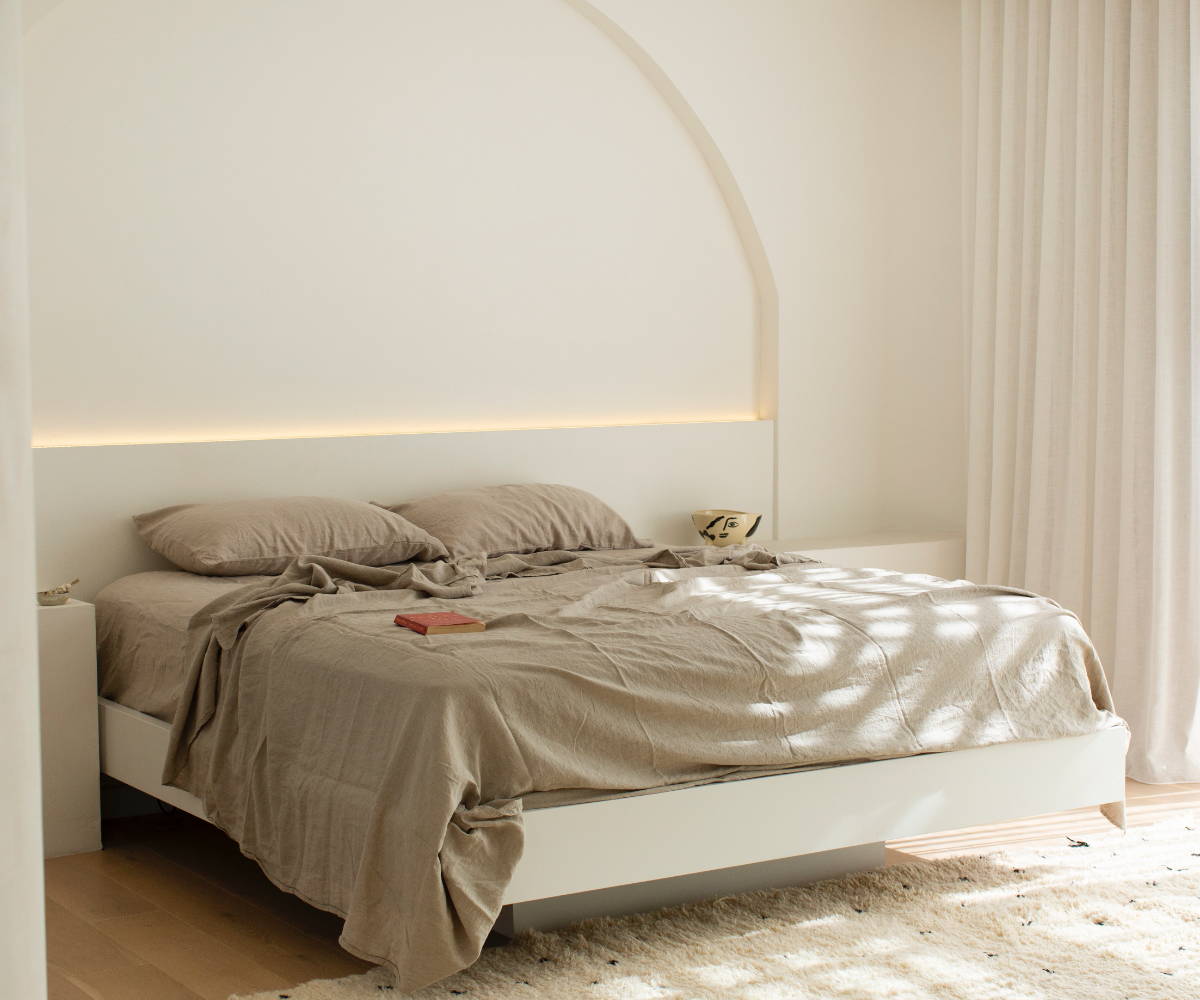Image: @alexbeckett_
Written by Meghan Gray.
Feeling tense, stressed, and worried at certain times is most definitely a normal human state,
especially in the world we live in. However, when your stress and tension starts to interfere
with your everyday life you may be experiencing anxiety. It is estimated that 1 in every 5
experience significantly anxious moods at some time in their life.
If you feel that is you, you may be feeling lost or overwhelmed in where to start or what
steps to take. Here is our break-down of the three fundamental areas to assess and
implement change - that of your lifestyle, your physical symptoms and your thoughts.
1. Target Your Lifestyle - Get Back to the Basics.
Take care of your body to take care of your mind!
Ensure the following foundational life-style elements are in place to reduce your emotional vulnerability. Taking care of our basic needs provides us the capacity and emotional resilience to manage our anxiety or stress, and makes emotion regulation thereafter far easier. Ensure you are meeting the following ‘anxiety checklist’ every day.
Ask yourself…
- Have I slept well?
Get 7-9 hours sleep, practice good sleep hygiene and have an established sleep routine.
- Have I eaten adequately and consistently throughout the day?
Go by the rule of three’s: eating 3 meals and 3 snacks, eating every 3 hours.
- Have I moved my body?
Do some sort of exercise daily, trying to build up to 20 minutes per day. Move your body in ways that feel good, sometimes something as simple as stretching can do the trick.
- Am I caring for my body?
Stay on top of health needs, avoid mood-altering substances including alcohol and caffeine, and keep up with basic hygiene needs for yourself and your environment.

Image: @brookie_davies
2. Manage How Anxiety Shows Up in the Body
The brain cannot distinguish between a threat that is real or imagined. When we become anxious, our brain elicits the same the fight/flight response in our body to protect us as if the danger were real and something we had to ‘fight off’ or run from.
As a result our physical system undergoes enormous, temporary changes to ensure we have the resources to match the perceived threat. That is why anxiety is such a body-based experience, and can be a very exhausting and depleting part of our everyday.
Therefore, when your anxiety is triggered it is important to down-regulate your arousal levels. Essentially you need to teach your brain and body that you are not in danger and target the physical symptoms you have.
Some ways to get started are:
- Target your breath.
Change your breath to be slow, controlled and deep within your diaphragm rather than the shallow, rapid breathing that occurs in your chest when we are anxious.
- Relax your muscles.
Slowly tense and release each of your muscle groups to support your body out of a hyper-vigilant, tense state.
- Change your body chemistry.
Dipping your face in cold or ice water elicit the “divers reflex” and essentially resets the nervous system by slowing your heart rate and more.

Image: @mosslivingau
3. Manage Your Mind!
Most of us who experience anxiety, can more readily notice and name the physical sensations associated. However, it’s important to know that our thoughts create our feelings and analysing your thinking is another key part of reducing your anxiety.
Worry is a key feature of anxiety and can become excessive and difficult to control. Common worried thoughts can look like “what if…” - thoughts that hypothesise about negative events, predict the future and imagine the worst outcomes.
Managing an over-active mind is key and may include:
- Mindfulness training to seperate from thoughts and increase present moment focus.
- Learning to challenge and let go of worries by recognising your capabilities.
- Gaining new and more helpful coping strategies.
- Learning how to tolerate uncertainty that is apart of life.
Up-skilling yourself and ensuring you have a toolbox of tricks, techniques and strategies is key when managing anxiety. Targeting how anxiety arises both physically and psychologically not only supports us through the anxiety episode as it arises, but also helps our brain to rewire over time. Supporting us to in time have reduced anxiety responses to everyday stimuli.
GET IN TOUCH WITH MEGHAN:
Meghan Gray is a Psychologist and Director of Gray Mind, a boutique psychology practice located in Paddington, Brisbane that works with couples, individuals and adolescents to enrich their lives. Meghan works from a relational and attachment-based approach, incorporating a wide range of evidence-based techniques and different ways of working with you to fit your unique concerns.
website | graymind.com.au
instagram | graymindpsychology
